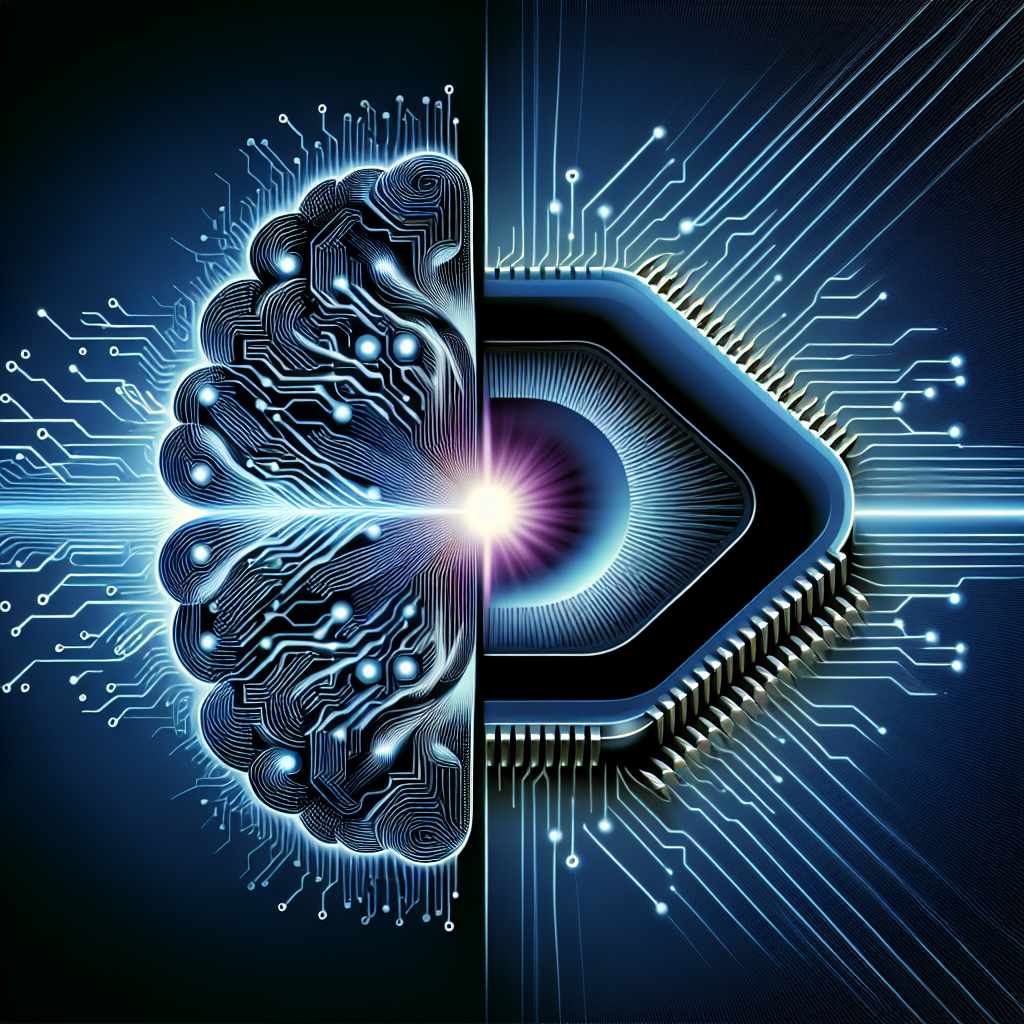AGI and the Singularity: What Happens When Machines Surpass Human Intelligence?
Artificial General Intelligence (AGI) is a concept that has fascinated scientists, researchers, and the general public for decades. It refers to the development of machines that possess the ability to perform any intellectual task that a human being can. AGI stands in contrast to narrow AI, which is designed to perform specific tasks or functions.
The idea of AGI raises important questions about the future of humanity and the potential consequences of creating machines that surpass human intelligence. One of the most intriguing concepts related to AGI is the Singularity, a hypothetical point in time when artificial intelligence surpasses human intelligence and accelerates at an exponential rate, leading to unpredictable and potentially transformative changes in society.
In this article, we will explore the concept of AGI, the Singularity, and the potential implications of machines surpassing human intelligence.
What is AGI?
Artificial General Intelligence (AGI) is the concept of creating machines that possess the ability to perform any intellectual task that a human being can. Unlike narrow AI, which is designed to perform specific tasks or functions, AGI aims to replicate the full range of cognitive abilities that humans possess, including reasoning, problem-solving, and creativity.
The development of AGI has long been a goal of researchers in the field of artificial intelligence. While narrow AI has made significant advancements in recent years, achieving true AGI remains a challenging and complex task. The creation of machines that can think and learn like humans would represent a major leap forward in the field of artificial intelligence and have profound implications for society.
What is the Singularity?
The Singularity is a hypothetical point in time when artificial intelligence surpasses human intelligence and accelerates at an exponential rate. Coined by mathematician and science fiction writer Vernor Vinge in the early 1990s, the concept of the Singularity has captured the imagination of scientists, futurists, and technologists.
The idea behind the Singularity is that once artificial intelligence surpasses human intelligence, it will be able to improve itself at an increasingly rapid pace, leading to a cascade of technological advancements and societal changes. This exponential growth in intelligence could result in machines becoming vastly more intelligent than humans in a relatively short period of time, leading to a radical transformation of society.
What happens when machines surpass human intelligence?
The prospect of machines surpassing human intelligence raises a number of important questions and concerns. Some researchers and experts believe that the development of AGI and the Singularity could have profound and far-reaching implications for society, while others are more optimistic about the potential benefits of advanced artificial intelligence.
One of the key concerns surrounding the development of AGI is the potential impact on the job market. As machines become more intelligent and capable of performing a wider range of tasks, there is a risk that many jobs currently performed by humans could be automated, leading to widespread unemployment and economic disruption. This could have significant social and economic consequences, including increased inequality and social unrest.
Another concern is the potential for AGI to pose a threat to human safety and security. As machines become more intelligent, there is a risk that they could act in ways that are harmful to humans, either intentionally or unintentionally. This raises important ethical questions about the development and use of advanced artificial intelligence, and the need for safeguards to ensure that AGI is used responsibly and ethically.
On the other hand, some researchers and experts believe that the development of AGI could bring significant benefits to society. Advanced artificial intelligence has the potential to revolutionize fields such as healthcare, transportation, and education, leading to improved efficiency, productivity, and quality of life for people around the world. AGI could also help to address some of the most pressing challenges facing humanity, such as climate change, disease, and poverty.
Ultimately, the impact of machines surpassing human intelligence will depend on how AGI is developed and deployed, as well as the actions taken by policymakers, researchers, and society as a whole to ensure that the benefits of advanced artificial intelligence are maximized and the risks are mitigated.
FAQs:
Q: When will machines surpass human intelligence?
A: The timeline for when machines will surpass human intelligence is uncertain and subject to debate among researchers and experts. Some believe that AGI could be achieved within the next few decades, while others think it could take much longer. It is difficult to predict with certainty when this milestone will be reached.
Q: What are the potential risks of machines surpassing human intelligence?
A: One of the main risks of machines surpassing human intelligence is the potential for job displacement and economic disruption. There is also concern about the possibility of AGI posing a threat to human safety and security, as well as ethical questions about the use of advanced artificial intelligence.
Q: How can we ensure that machines surpassing human intelligence is beneficial for society?
A: To ensure that the development of AGI is beneficial for society, it is important to prioritize ethics and safety in the design and deployment of advanced artificial intelligence. This includes implementing safeguards to prevent unintended consequences, promoting transparency and accountability in AI systems, and ensuring that the benefits of AGI are shared equitably among all members of society.
In conclusion, the development of AGI and the Singularity raise important questions and concerns about the future of humanity and the potential consequences of creating machines that surpass human intelligence. While there are risks and challenges associated with advanced artificial intelligence, there are also significant opportunities for innovation, progress, and positive societal impact. It is essential that we approach the development of AGI with caution, foresight, and a commitment to ensuring that the benefits of advanced artificial intelligence are maximized and the risks are mitigated.

